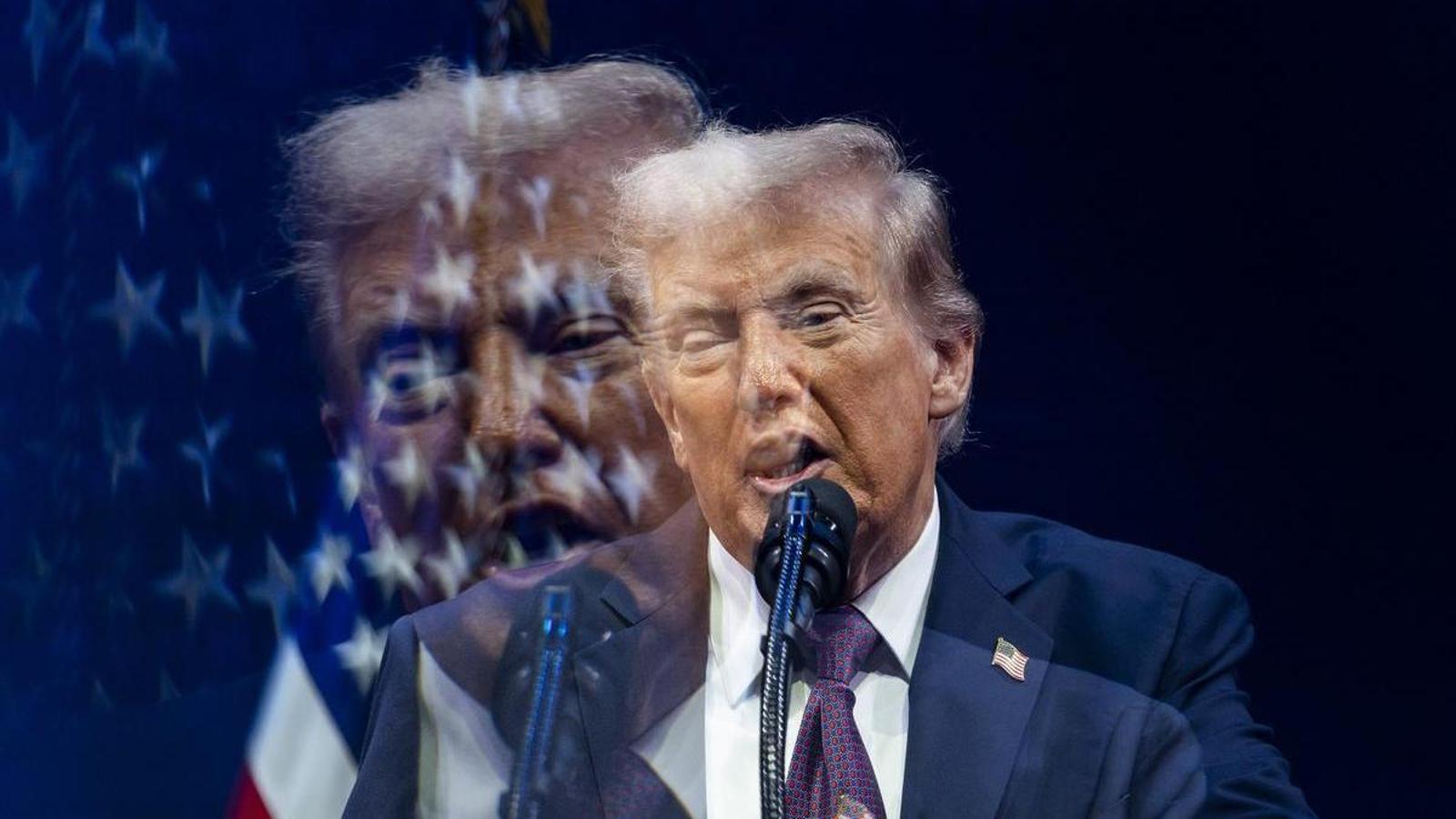Donald Trump's weapons


The US-China framework agreement announced in June did not represent a "liberation" from unilateral US "greatness," as President Trump had dreamed, nor a return to the Democrats' policy of successfully managing rivalry with China. It was the beginning of aggressive, confrontational interdependence based on the use of economic "weapons," sanctions, tariffs, embargoes, anti-export and anti-trade measures... combined with military force.
A joke spreads. A grand parade in Moscow's Red Square. Tanks, missiles, cannons, planes, and troops pass by in perfect choreography. People are amazed, frightened, and amazed. Finally, a small Jeep drives by with two neatly dressed people sitting in the back seat. A journalist asks a Politburo member: "And these two?" The reply: "They're economists. Economics, the most powerful weapon, can destroy your enemy... but beware, it can also destroy you, because it is lethal."
The US uses the economy as a weapon of destruction combined with military force. Under a guise of intransigence and threat—the image projected by President Trump—the US has authorized the sale of digital technology to China. The embargo on rare earths was paralyzing American industry. Now, Synopsys and Cadence can once again sell their semiconductors to China, and Nvidia can sell its H20 chips, essential for the advancement of artificial intelligence to Chinese customers and markets.
As H. Farrell and A. Newman say in a recent article inForeign AffairsThe U.S. economy is heavily dependent on other nation-states, which can influence it. National security is integrated with the economy, which is not a future danger, but a present threat.
In the late 1940s, the US learned that the USSR had copied the atomic bomb in four years. Nuclear power was not theirs alone, as they had thought it would be for half a century after Hiroshima and Nagasaki, but shared. They then turned to diplomacy, international institutions, and a direct pact with the USSR. The conflict shifted from military divisions of millions of soldiers on the ground to economic power, the very opposite of the paradigm that defeated the Third Reich in both the East and the West.
Time was needed. The effect of the weapon personified by the two economists sitting in the small Jeep requires resilience. It took 45 years to demonstrate that the planned economy model without the market didn't work. The Cold War was long and not always linear. The industrialization of the USSR carried out in the 1930s by Stalin, while it was heavy industry and little influenced by the market, led some to believe that five-year plans and autarky were better than the market. The crisis of 1929 was a flaw of capitalism, visible to all, which only President Roosevelt's social democracy—the New Deal—and the war economy—private savings to finance the manufacture of military products to run factories—corrected. But there was never any doubt that the market and democracy were the weapons that, used intelligently, would lead to victory, because they strengthened the economy and united people. That is no longer the case.
The problem with the Trump administration is that it's in a hurry. The president fancies himself a genius capable of fixing in months what others haven't been able to fix in decades, and he wants to do it all himself. It's like the bullfighter begging to be left alone before the bull... The bullfighter may be right, but President Trump is far from it. For the moment, the results aren't encouraging, despite his self-congratulatory pronouncements. By raising tariffs on India, he has brought it closer to China, something that had never happened before. He has united his enemies against him. China is leading this Asian front, raising the level of aggression, and Russia, Iran, and North Korea are aligned. The conflict with China does not benefit its image. The world associates China with stability, and the US with permanent change of opinion.
But what is surprising is the shift Trump has initiated in the US toward state capitalism, the Chinese economic model. Commerce Secretary Howard Lutnick has announced that, for strategic reasons, the government has purchased 10% of Intel, as well as 10% of MP Materials, for the extraction and processing of rare earths. This has never happened in the US. It is not absurd to think that President Trump is convinced that this will allow him to compete more effectively with China... distrusting the strength of democracy and the market. A colossal error that he cannot see.
The moves aimed at eliminating public servants who disagree with executive policies aim to mimic the state structures of China and Russia. He deploys the National Guard to maintain a public order that is not in danger. He believes that aligning the US government structure with China's will allow him to be more efficient in the short term, which is the only thing that motivates and concerns him. He has always been fascinated by Putin and now by Xi. These are obsessions that only time and facts will painfully correct.

